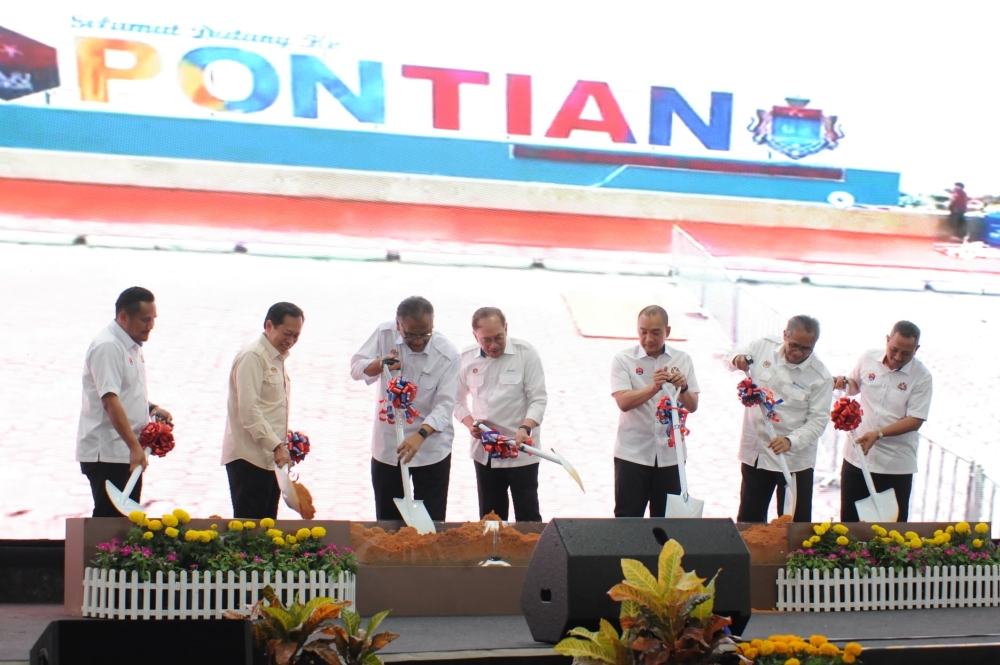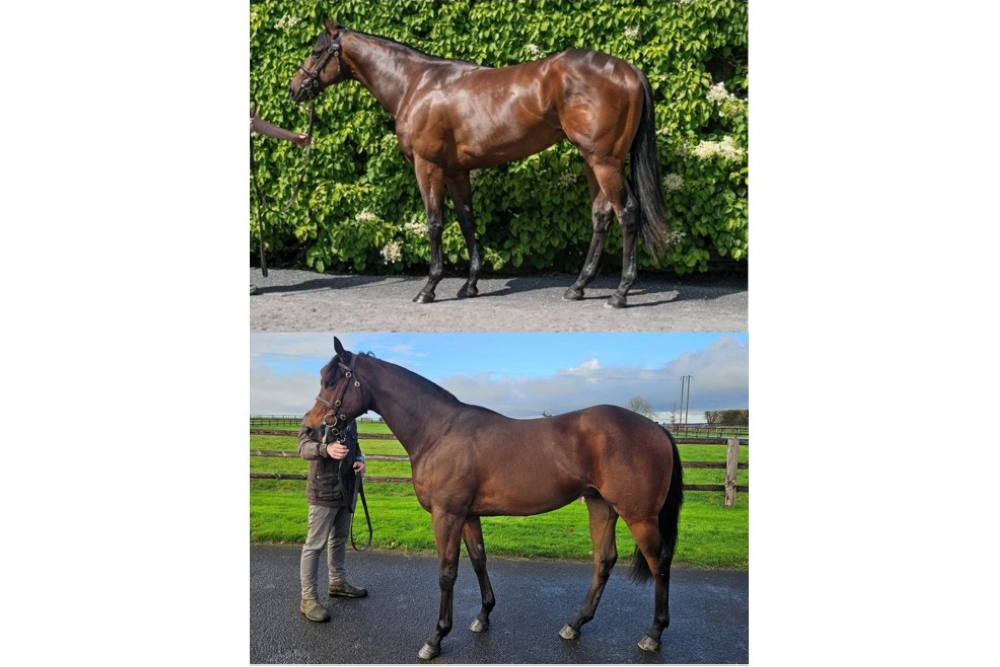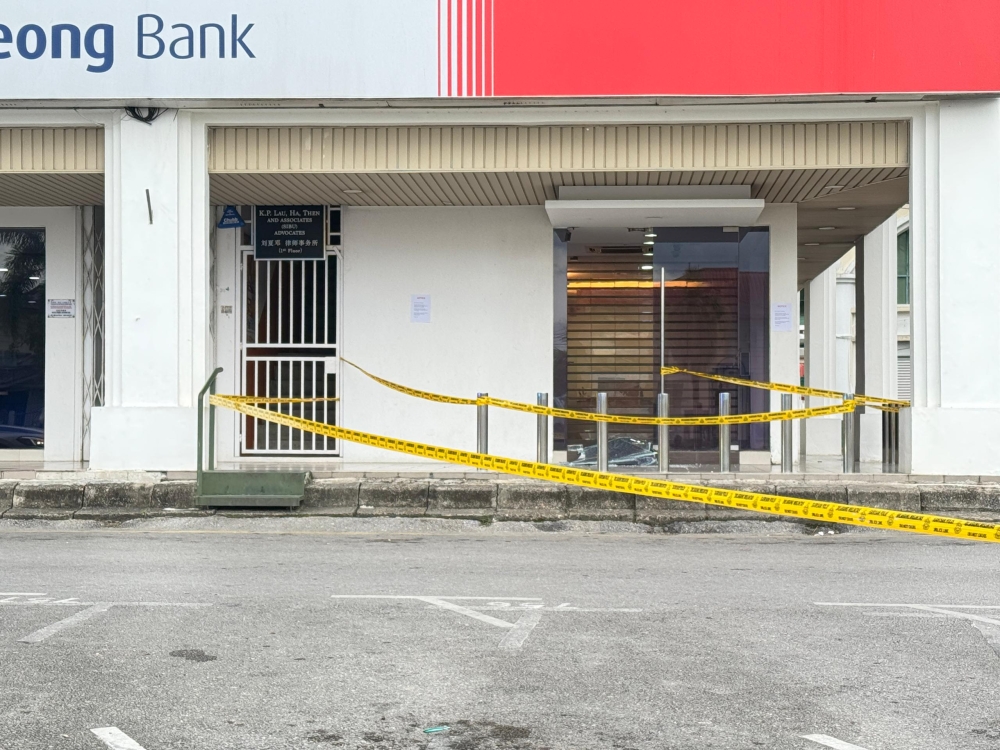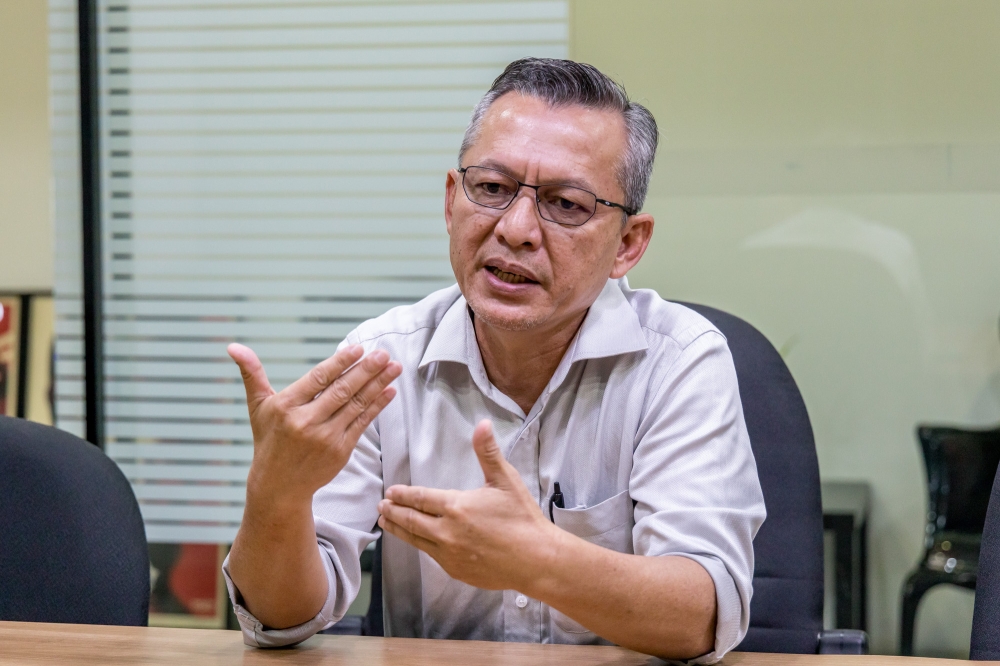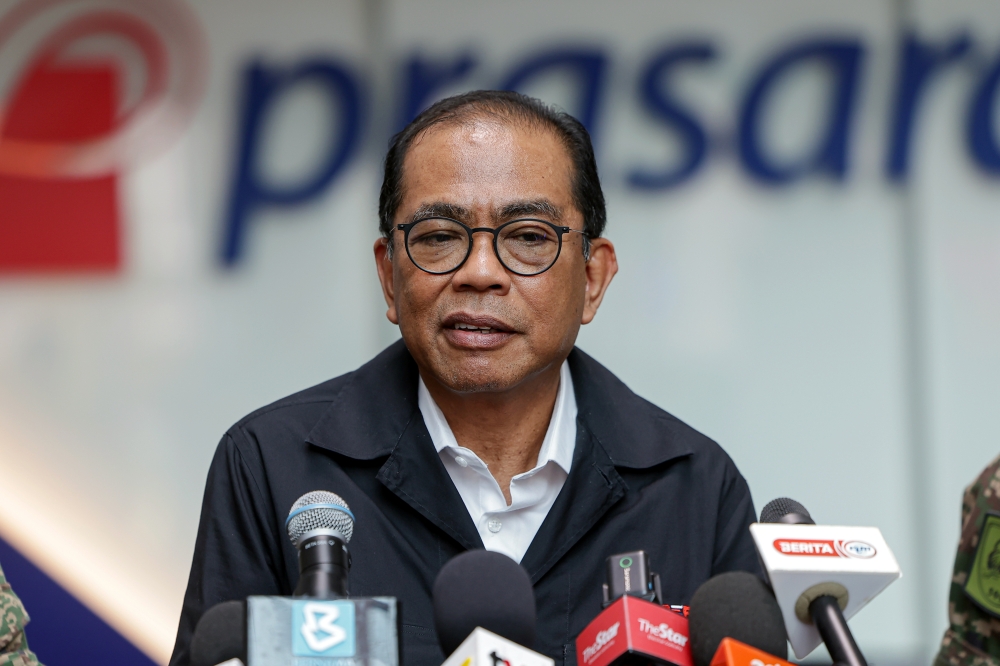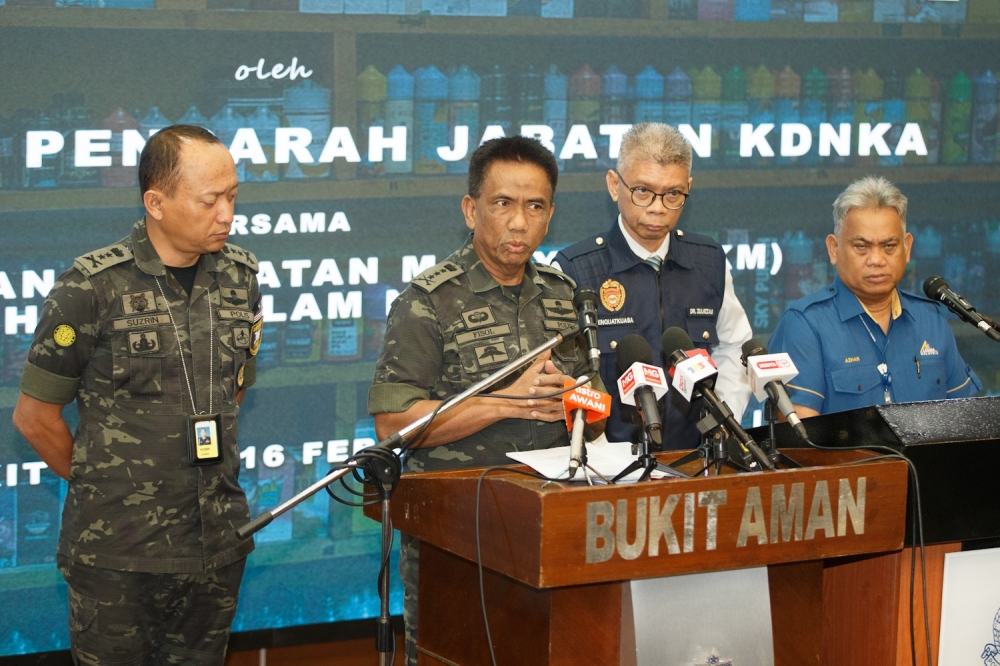KUALA LUMPUR, April 19 — Islamist party PAS was being unfairly portrayed as racist and intolerant by rivals including Prime Minister Datuk Seri Anwar Ibrahim, said Parti Pribumi Bersatu Malaysia (Bersatu) information chief Senator Datuk Razali Idris.
Razali said this has required Perikatan Nasional allies to counter the portrayal, including by bringing members of the ethnic Chinese community to personally observe conditions in Kelantan and Terengganu that were under PAS.
Razali told Malay Mail the missions were meant to show that the depiction of both states as underdeveloped and intolerant was purely fearmongering against PAS.
“Today, the one that has been provoking PAS, saying that PAS is racist is the prime minister himself. We have done so many things and with our ally Gerakan to bring Chinese-ethnic folks from Penang and Selangor to Kelantan to see for themselves how PAS has been doing after decades of administration, also in Terengganu.
“We did that and we want to show that it’s not like what has been described in mainstream media, especially when the prime minister says ‘PAS is like this or that’,” he said during his visit to Malay Mail’s office earlier this week.
He claimed the controversy over the PAS “war-themed” parade in February had been exaggerated to maximise damage to the party’s reputation.
In February, PAS members and supporters caused disquiet in the country by parading as medieval Arabic warriors brandishing replica swords, spears, bows, and shields in an event in Terengganu, which the party later insisted was cosplaying.
Razali compared the event to the annual Thaipusam religious parade in which Hindu devotees engaged in self-mortification such as piercings, adding that PAS’s “Himpit” gathering was an annual event that did not previously trigger controversy.
“It was a non-issue but just because the parade involves a rival political party, it became an issue,” he said.
He also said that PAS was also evolving into a party of technocrats, and that its younger leaders now included former professionals from various industries including engineering, healthcare, and economics.
PAS previously purged its so-called progressive elements in 2015, when leaders aligned with that faction were nearly all defeated in the party election that year.
The defeated group eventually left to form Parti Amanah Negara, after which PAS has been viewed as a party entirely under the influence of its ulama (clergy) wing.
“If we look at MPs from PAS, we can see their debate is really good and resourceful. In my opinion the ones that are racist are the current government,” Razali said.
In the 14th general election, PAS performed spectacularly thanks to its unforeseen appeal with young voters and the Malay community, allowing it to become the leading Malay party in Parliament, eclipsing Bersatu and even Umno.
The development coincided with a marked shift towards communal politics, stemming from the tussle for the country’s Malay majority whose consolidated support would guarantee success for the recipient.
Although PAS has denied partaking in such politics, some such as the Centre for Independent Journalism have called out PAS president Datuk Seri Abdul Hadi Awang as “one of the key amplifiers of divisive, racist, intolerant and hate-based narratives” in the GE14 campaign.
The temptation to resort to communal politics will likely grow between now and July, when Kedah, Kelantan, Negeri Sembilan, Penang, Selangor, and Terengganu must hold their state elections that fell out of sync with the national polls last year.













